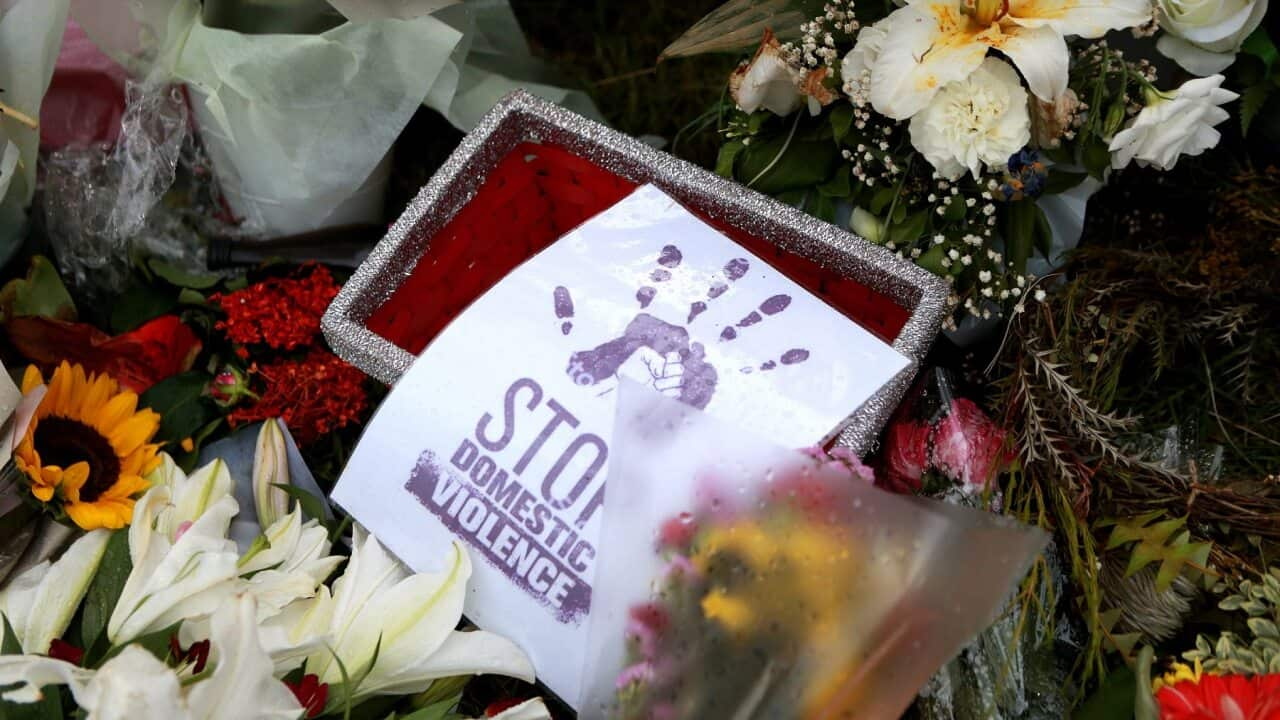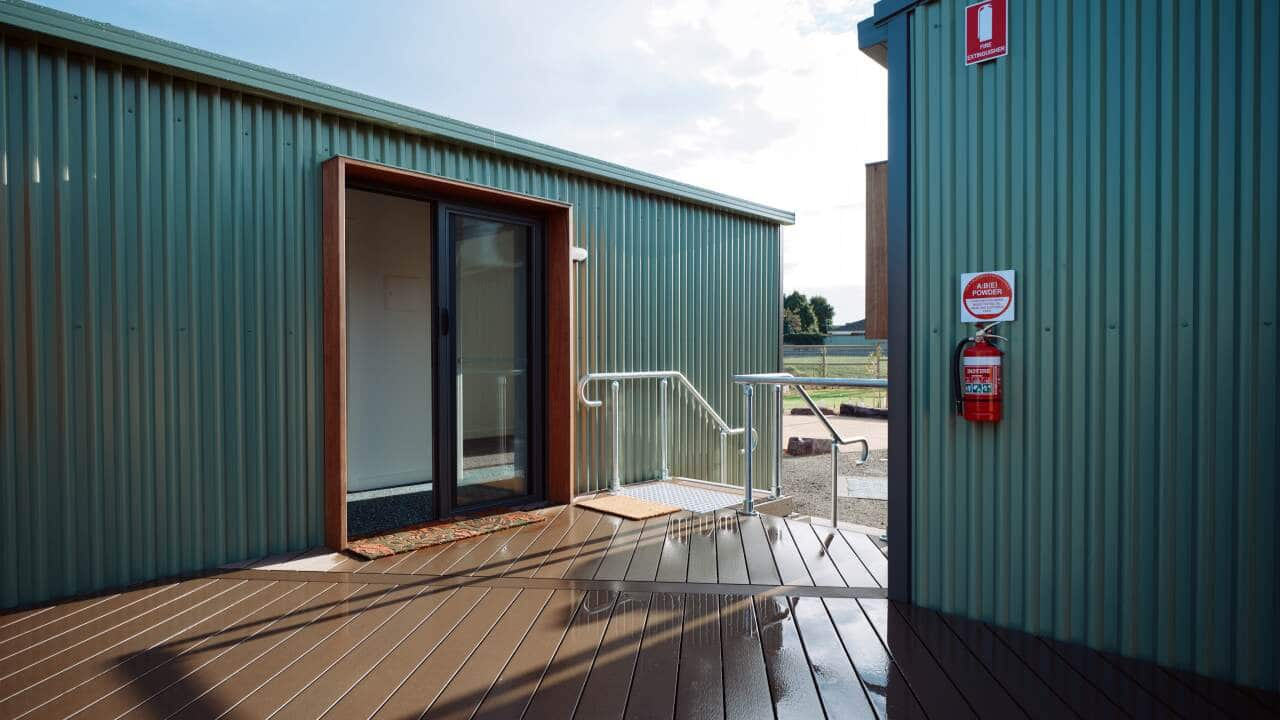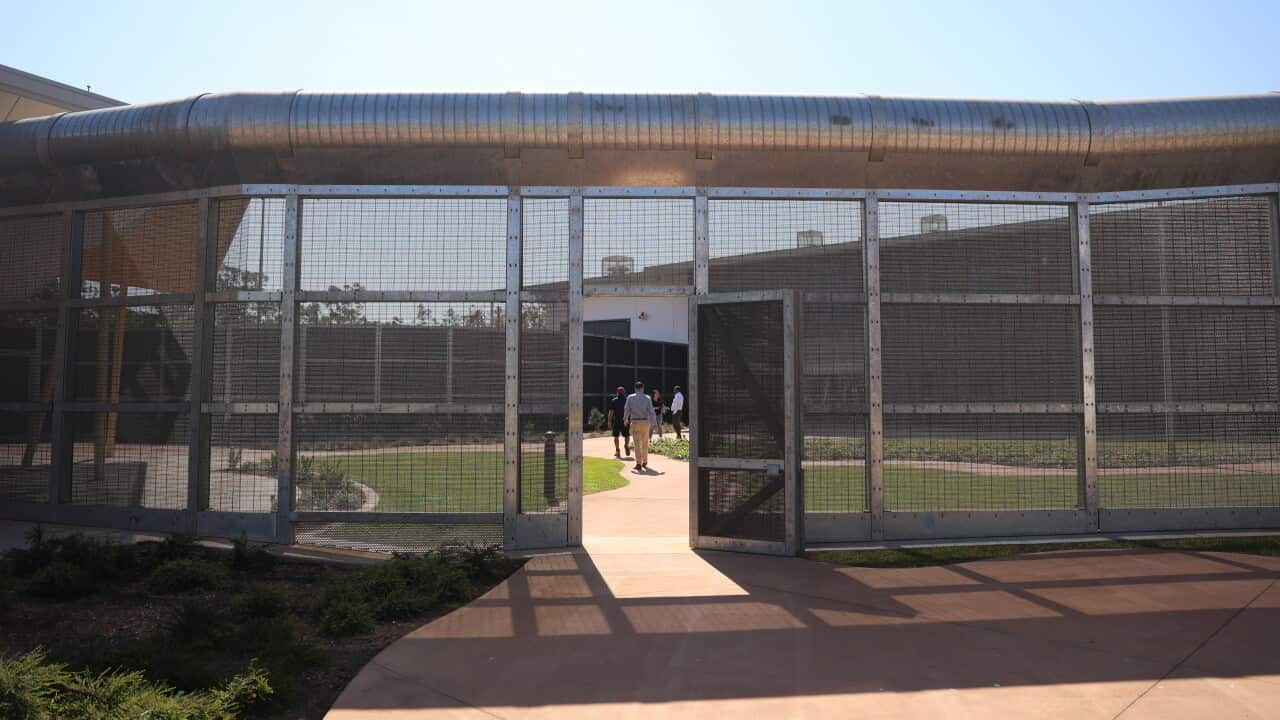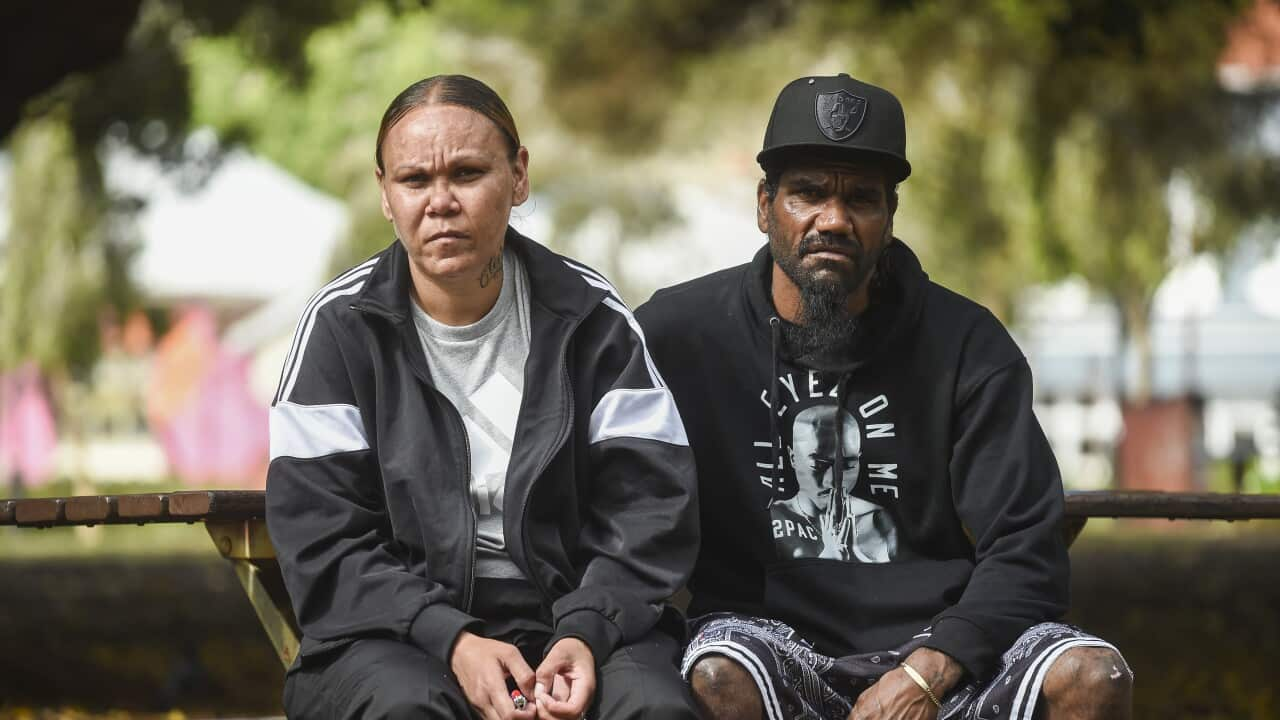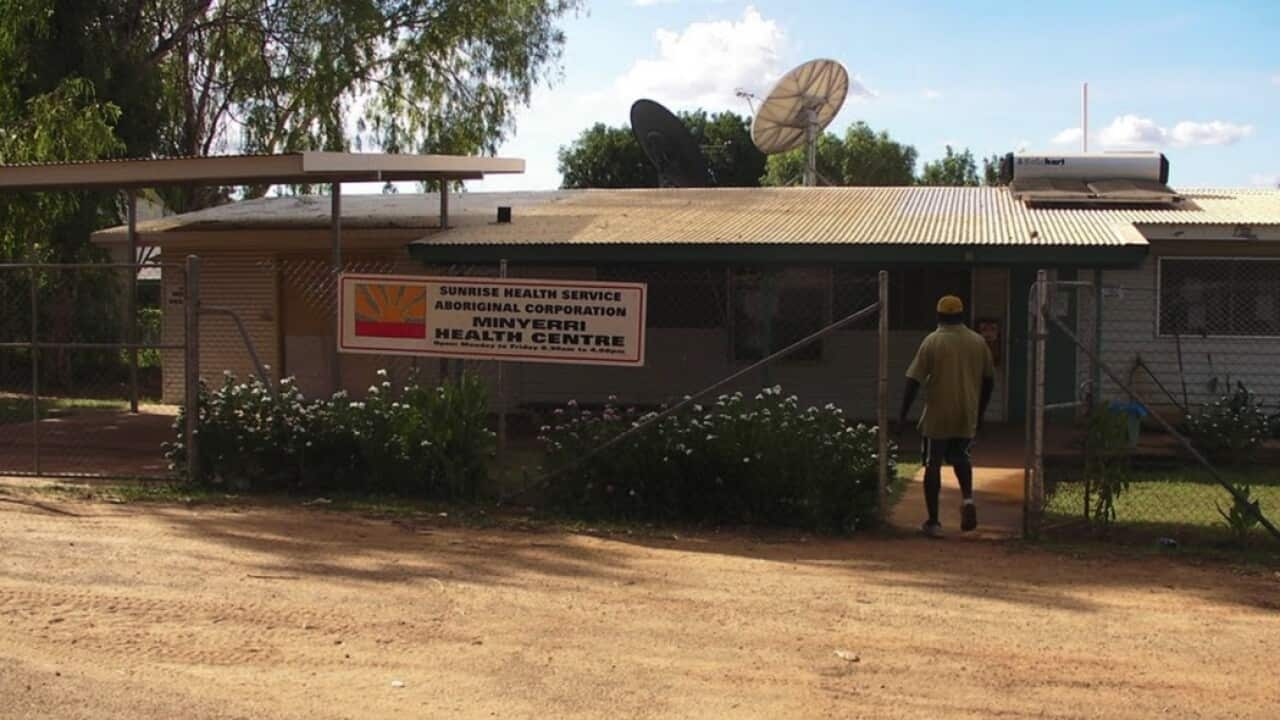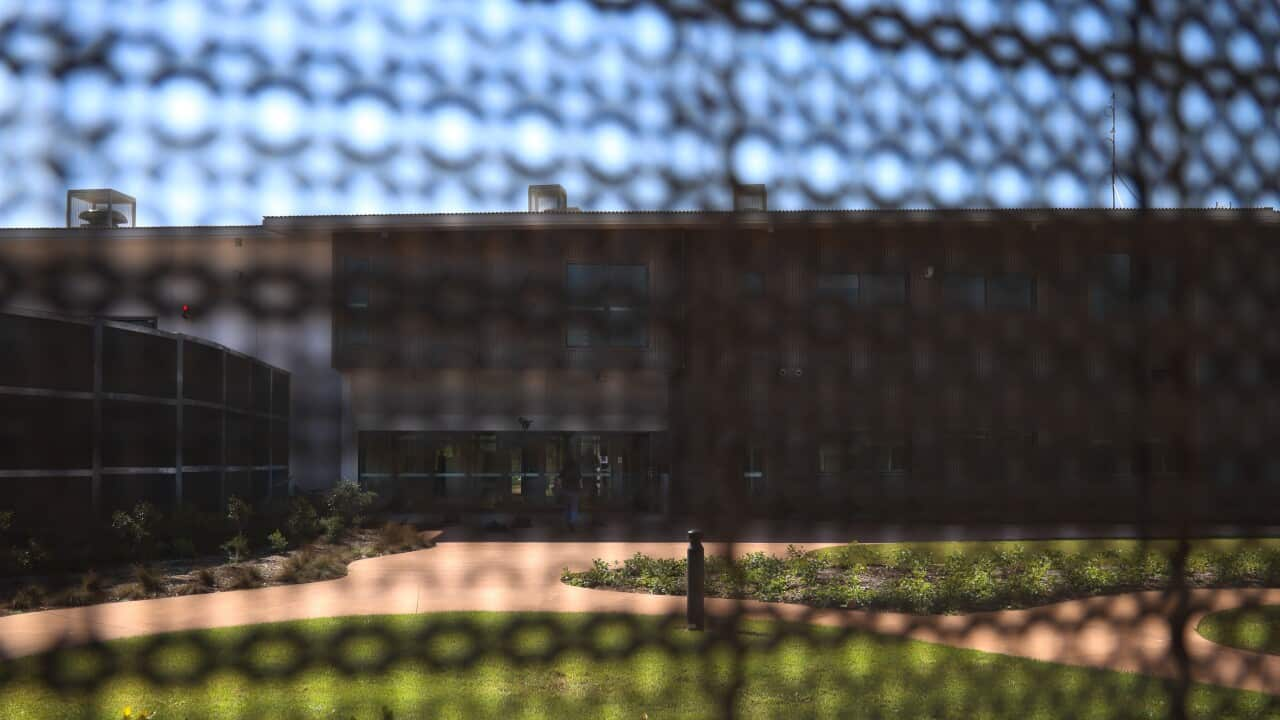Warning: this story discusses suicide and mental health.
Didbala, a 17-year-old girl, loved her family, hip-hop, sport, singing and dancing.
She loved going fishing and hunting when she was with family in community.
One of her favourite moments was when she was the star in a hip hop music video.
But Didbala also suffered from significant and long-lasting mental health issues, that her treating psychiatrist, Dr Maree Ploetz, believes were consistent with psychosis and also behavioural issues likely to have been attributable, in part, to childhood trauma.
She was also suspected of having FASD (foetal alcohol spectrum disorder).
Didbala’s complex needs were challenging not only for her but also for her family, carers and health professionals.
And her young life ended too quickly when she died by suicide in 2022.
Counsel Assisting the Coroner Helena Blundell’s gave her opening remarks at the Coronial Inquest into the death of Didbala, which was held last week in Katherine.
Born in Darwin, Didbala spent her early years in remote towns with family and in Katherine.
Didbala was raised by her mum when she was little and when her mum needed help she was cared for by her grandmother, whom she was very close to.
At various times she was also cared for by other family members, from a large extended family with connections across the NT and into Western Australia.
She spoke three Aboriginal languages as well as English.
But by the time she was a teenager Didbala's mental health issues had become severe and she was first care-flighted from a remote community to Darwin.
Eighteen months later she was again care-flighted to Darwin.
Her medical records depict an acutely unwell young person and she was prescribed a range of treatments and medications but showed limited, if any, improvement.
After two months in hospital, Didbala was discharged into the care of her mother with support, including long-term accommodation.
The discharge plan failed within days.
Didbala missed medical reviews and scheduled medicines and for a couple of months floated between communities while her mental health deteriorated.
After threatening suicide, she was again admitted to hospital, where she stayed for three months.
During this time Territory Families applied for and were granted a long-term protection order – meaning the department now had responsibility for Didbala’s welfare under law, not her family.
Territory Families made a placement request with Out of Home Care provider CASPA to provide Intensive Therapeutic Residential Care for Didbala.
While members of Didbala’s discharge team and CASPA agreed that, given the complexities of Didbala’s needs, appropriate funding and extra support would be needed from the NDIS, there is no evidence that this happened.
Didbala was discharged to a CASPA residence in Darwin, but left within days and went back to family, in what was to become a pattern she would follow until she died.
Didbala never settled into any of the placements.
She wanted to be with family.
It appears that little or not enough was actively done by Territory Families to recognise and work with the fact that Didbala was staying with family.
It was largely left to Didbala and her family to try and manage her complex needs with little input from Territory Families and no coherent long-term planning.
In the months before Didbala died she had been living with her sister in a remote community but after her mental health again took a dive she was transferred back to Darwin in March 2022.
Her health team decided that keeping Didbala in the hospital was re-traumatising and she was discharged to a remote community, with Territory Families to provide external supports.
A month later the same pattern was repeated but this time Didbala was discharged to a CASPA house in Darwin, then moved herself to care houses in Katherine.
On the night of October 2, 2022, Didbala met up with her friends.
They were approached by an adult man, who asked them to help him buy marijuana, which he then smoked with some of the group, including Didbala, and also gave them some beers.
Her friends noticed Didbala was affected by the smoking and drinking, talking to herself, saying “stop it, stop it.”
Her friends flagged down a police car and asked if they could drop Didbala back at the care home at around 1am.
The officers took her back to the residence at around 1.30am.
Just before 3am, the on-duty carer heard Didbala start screaming that she could hear voices and to take her to Darwin. She started upending furniture and assaulted the carer, who called 000.
When police arrived the CASPA worker told them about Didbala hearing voices and one of them attempted to talk to her through the bedroom door, which was locked.
The CASPA worker gave police a key, but it didn’t work.
After a senior officer arrived and tried to look through the window, police kicked the door open.
But it was too late.
CPR was commenced but Didbala was unable to be revived.
The inquest heard that Didbala's family felt disempowered and shut out of important decision-making about her care.
It also heard that Territory Families failed to ensure consistent case management for an incredibly vulnerable and unwell young person, in all likelihood due to their difficulties in retaining child protection practitioners in the Big Rivers area.
Child protection workers in the Big Rivers area carry excessive caseloads, three times that of Greater Darwin or Alice Springs.
The coroner is examining whether the services and care provided by Territory Families, CASPA and the Department of Health were appropriate and sufficient to meet Didbala’s needs and whether the police response to the 000 call by CASPA was appropriate.
Lifeline 13 11 14 or Text 0477 13 11 14 (24/7) or lifeline.org.au
13 YARN 13 92 76 or 13yarn.org.au
Suicide Call Back Service
1300 659 467 or suicidecallbackservice.org.au

